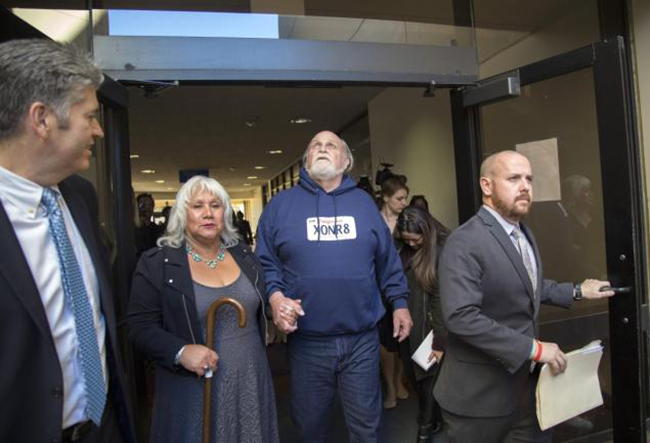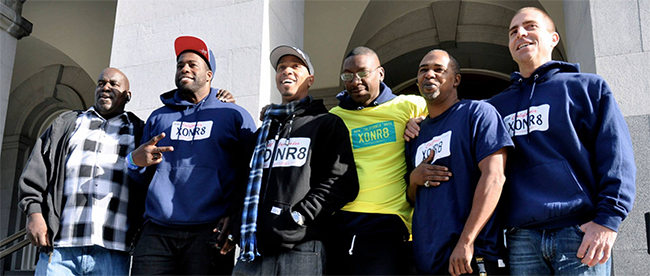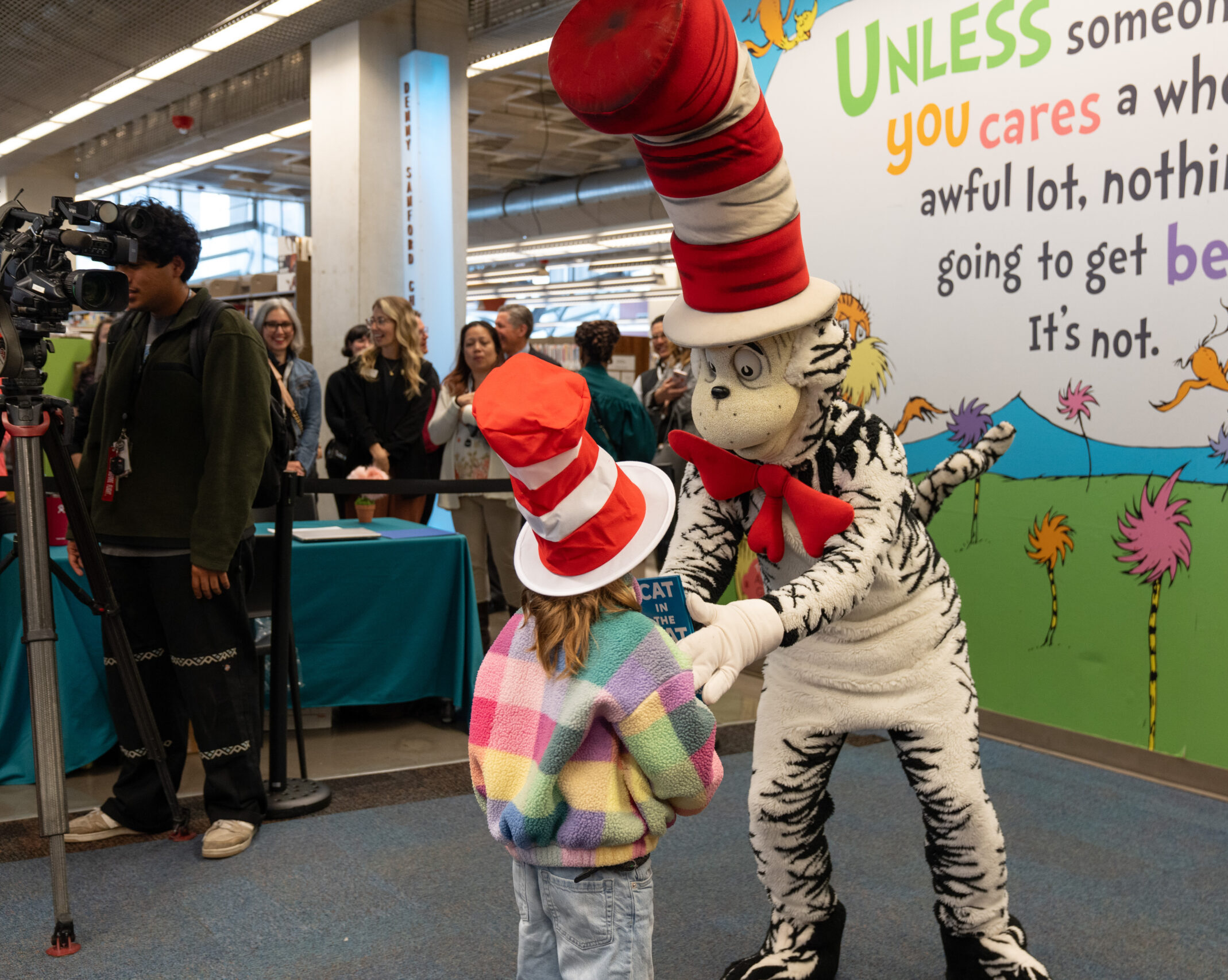Michael Hanline’s story is not new, nor is it that uncommon.
In 1980, Michael was convicted and sentenced to life in prison for first degree murder. For the next three decades, he would spend his days in a California jail cell with no hope of ever stepping outside those concrete walls.
There was only one problem. Michael didn’t belong there.
Fixing a Failed System
Through DNA testing, the California Innocence Project works to exonerate innocent people like Michael, and in the process reform the criminal justice system.
[Tweet “.@CA_Innocence works to exonerate innocent people and reform the criminal justice system #SDFNews”]
Each success story proves that wrongful convictions are not isolated or rare events but instead arise from systemic defects.
“Over the past two decades doing this work I have seen amazing changes to the justice system,” explained Justin Brooks, Executive Director of the California Innocence Project. “The death penalty is shrinking, police departments are improving their identification procedures now that we have proven them faulty, and confessions are being recorded so judges and juries can evaluate their quality.”
According to research from Wayne State University criminal justice professor Dr. Marvin Zalman, as many as 10,000 people in the U.S. may be wrongfully convicted of serious crimes each year. The reasons include eyewitness misidentification, improper forensic science, false confessions or informants.
The California Innocence Project, which was founded in 1999, is a law school clinical program at California Western School of Law that reviews more than 2,000 claims per year and trains hundreds of students that go on to pursue fruitful legal careers within the justice system.
Right a Wrong
Michael was just one of those claims.
Over the course of 15 years, staff at the California Innocence Project worked tirelessly to right the wrong in Michael’s life.
And on November 24, 2014, Michael Hanline walked out of the Ventura County jail a free man after serving 36 years for a murder he did not commit.

Michael Hanline walks out a free man after wrongly serving more than three decades in prison.
As the longest wrongful incarceration in California history, his story stands as a tragic model for injustice within the criminal justice system.
These are the stories that drive organizations and leaders to enact change.
As Justin puts it, “I became a lawyer to help people who can’t help themselves. I can’t imagine a better way to use my training and experience than to protect innocent people against a very powerful system.”
Learn More
The San Diego Foundation, along with local partners and community leaders, is raising community awareness about what’s broken in our criminal justice system and how philanthropy can play a role in proposed solutions.
Learn more and donate to organizations such as the California Innocence Project, or The Foundation’s System Involved Youth Fund to continue this critical work.




